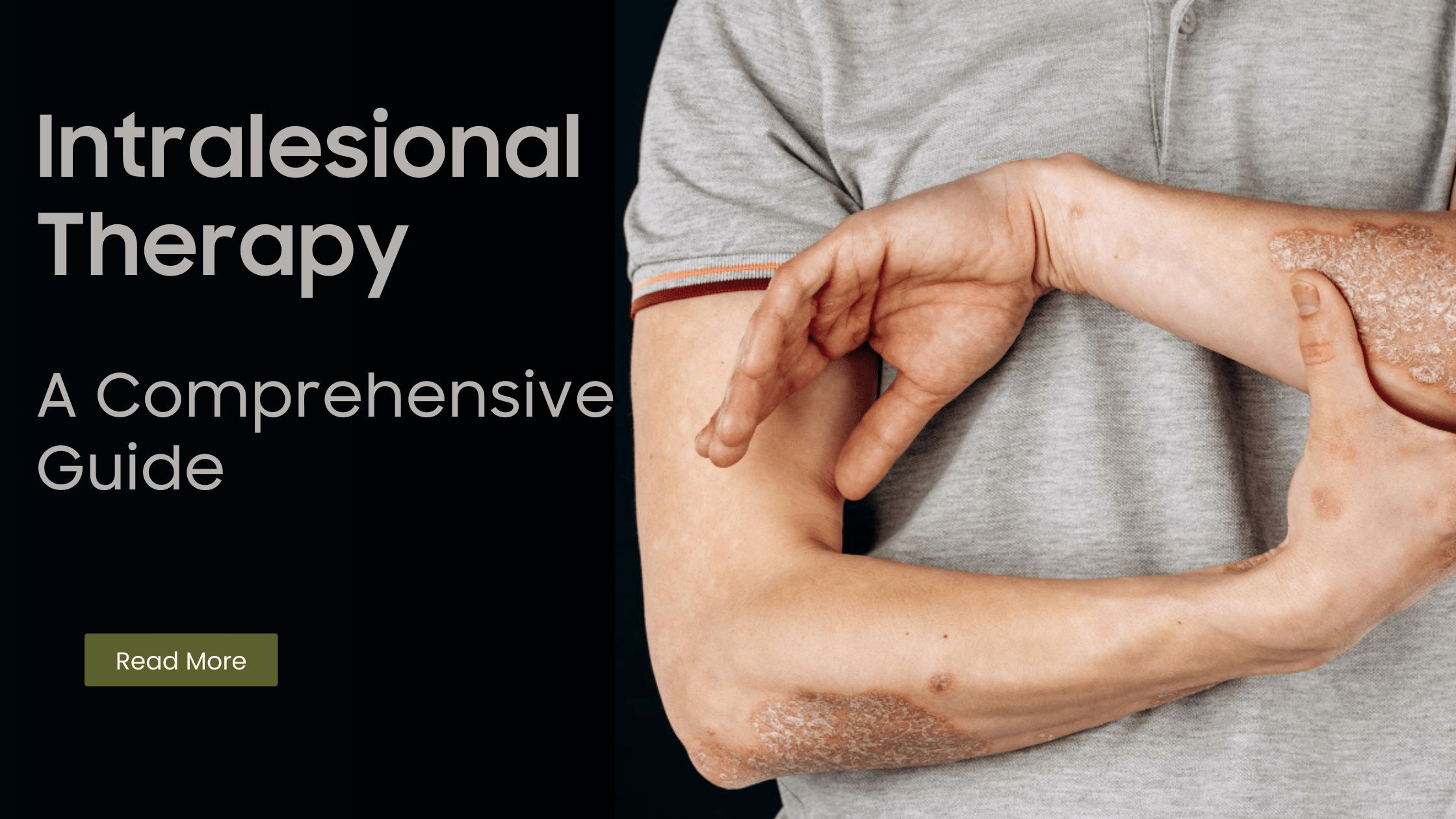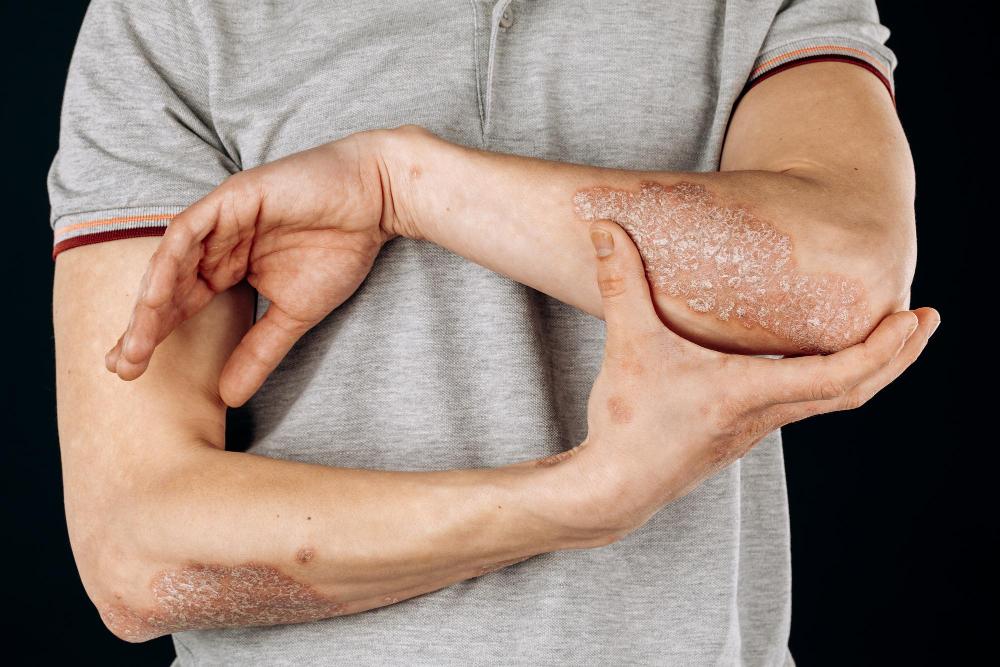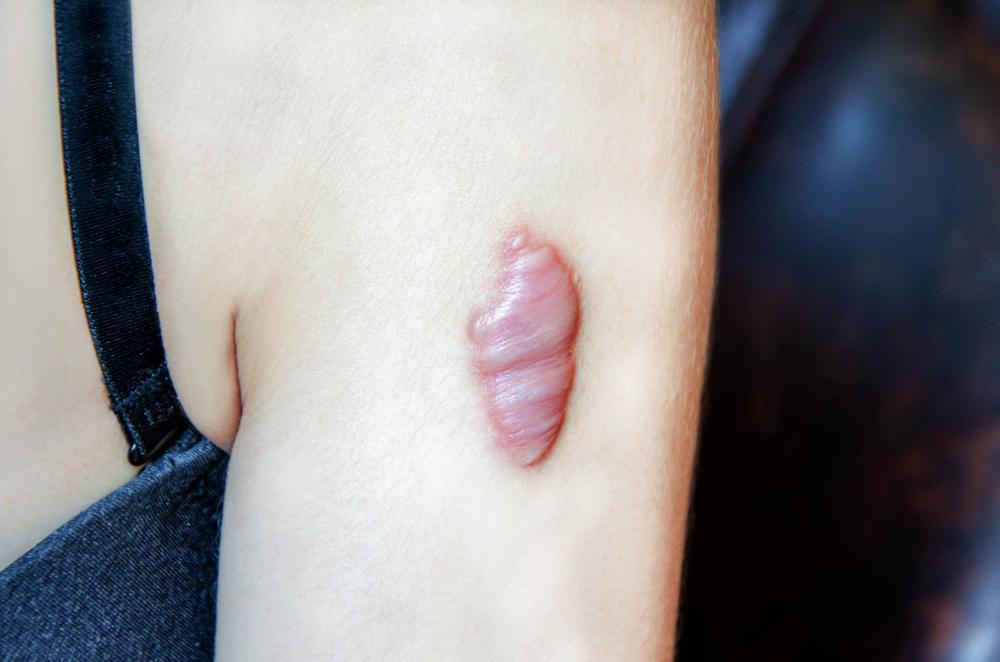
Intralesional Therapy: A Comprehensive Guide
Intralesional therapy
Intralesional therapy refers to a medical treatment technique where medication is directly injected into a specific lesion or affected area of the body. This targeted approach allows for a more localized and effective delivery of medication, minimizing the potential for systemic side effects. Its versatility as a treatment method has earned considerable recognition across diverse medical disciplines, attributed to its effectiveness in managing a broad array of conditions.
Importance in Modern Medicine
In modern medicine, the incorporation of intralesional therapy has become indispensable, given its capacity to provide precise treatment to particular regions of the body. This technique offers numerous advantages, including reduced systemic side effects, enhanced medication absorption, and improved cosmetic outcomes. Due to its effectiveness in diverse medical fields, this therapy has transformed the approach to treating specific conditions.
Understanding Intralesional Therapy
Types of Conditions Treated
The utilization of intralesional-therapy extends to addressing a diverse array of conditions within numerous medical specialties. In dermatology, it is commonly used for the management of conditions such as psoriasis, keloids, and alopecia areata. Moreover, this approach has been implemented in diverse medical domains, encompassing the management of specific eye ailments, oral lesions, orthopedic conditions, and even certain forms of cancer.
Comparison with Other Treatment Modalities
When considering treatment options, it is essential to understand how intralesional- therapy compares to alternative modalities. In comparison to systemic medications, this therapy offers a localized approach with minimized systemic side effects. It also provides a more direct and intensive effect than topical treatments. Surgical interventions, on the other hand, may come with the risk of scarring and extensive tissue damage, which can be avoided with precise injections of intralesional-therapy.
Indications for Intralesional Therapy
Dermatological Conditions
In dermatology, intralesional-therapy has proven to be highly effective in the treatment of various conditions.
Psoriasis/ Prurigo nodularis/ Lichen simplex chronicus (LSC)

A chronic inflammatory skin disease such as PSP/ PRG/ LSC, can be successfully managed with intralesional corticosteroid injections. These injections target the specific lesions, reducing inflammation and promoting the healing process.
Keloids

Treating keloids, which are elevated scar tissues extending beyond the original wound site, can present a significant challenge. Intralesional-therapy, especially utilizing corticosteroids or chemotherapeutic agents, has the potential to flatten and soften keloid scars, leading to enhanced appearance and relief from associated symptoms.
Alopecia Areata
Alopecia areata, an autoimmune condition that causes hair loss, can benefit from intralesional corticosteroid injections. These injections stimulate hair regrowth by modulating the immune response within affected hair follicles.
Procedure and Administration
Medical Professional Involvement
The administration of intralesional-therapy requires the expertise of a qualified medical professional. Dermatologists, rheumatologists, and orthopedic specialists are among the healthcare providers who commonly perform this treatment. As this technique involves injections, proper training and experience are crucial to ensure accurate administration and minimize risks.
Injection Techniques
Intralesional-therapy can be administered using various injection techniques, depending on the condition being treated. Fine-gauge needles are typically used to minimize discomfort and trauma to the surrounding tissue. Techniques such as the Z-track method, radial fan technique, or multiple puncture technique may be employed to ensure even distribution of the medication and minimize the risk of side effects.
Patient Preparation and Aftercare
Before intralesional – therapy, patients should receive a thorough evaluation of their condition and medical history. Specific preparation instructions, such as avoiding blood-thinning medications or fasting, may be provided by the healthcare provider. After the procedure, patients may experience mild discomfort, swelling, or bruising at the injection site. Following the healthcare provider’s post-treatment instructions, which may include avoiding certain activities or using topical medications, can help optimize the healing process.
Advancements in Intralesional Therapy
Emerging Technologies
Advancements in technology have paved the way for improved techniques and tools in intralesional-therapy. The development of ultrasound-guided devices allows for precise medication delivery and real-time monitoring of treatment response and has enhanced the overall effectiveness and safety of this modality.
Ongoing Research and Future Prospects
The field of intralesional therapy continues to evolve, driven by ongoing research and exploration of new treatment options. Researchers and healthcare experts consistently explore innovative formulations, optimal dosage strategies, and precise drug delivery systems to enhance treatment outcomes and broaden the scope of applications for intralesional-therapy.
Intralesional Therapy: A Comprehensive Guide – FAQs
Q: Is Intralesional Therapy Painful?
Experience minimal discomfort as the procedure involves localized injections. Pain tolerance varies, but measures are in place to ensure a comfortable experience.
Q: Are There Any Side Effects?
While side effects are uncommon, a few individuals might encounter slight swelling or redness at the injection site. Seek advice from our healthcare provider for tailored guidance
Q: How Soon Can Results Be Expected?
The timeline for results varies based on the condition treated. Some may experience improvements shortly after, while others may require multiple sessions for noticeable changes.
Q: Can Intralesional-Therapy Replace Surgical Interventions?
In certain cases, yes. Discuss with your healthcare provider to determine if Intralesional Therapy is a viable alternative to surgery for your specific condition.
Q: Are Multiple Sessions Required?
The need for several sessions varies based on the diagnosis nature and severity of the condition.
Q: Is Intralesional Therapy Safe for All Ages?
While generally safe, the suitability of Intralesional Therapy for different age groups varies. Seeking guidance from a healthcare professional guarantees tailor-made advice and personalized recommendations for your unique health needs.
Conclusion
As we navigate the realms of Intralesional Therapy- A Comprehensive Guide, it becomes evident that this treatment stands as a testament to medical progress. Whether seeking relief from dermatological issues or other than dermatological indications, Intralesional Therapy offers a targeted and efficient solution. Stay informed, consult with professionals, and embrace the possibilities this innovative therapy brings.



